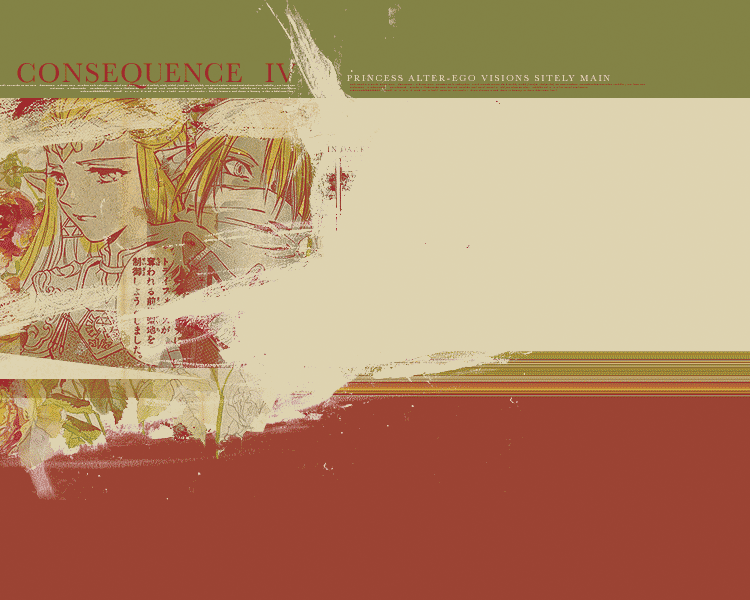
It is easier to find a score of men wise enough to discover the truth than to find one intrepid enough, in the face of opposition, to stand up for it. -A.A. Hodge
The Conventional Wisdom
Wisdom's complicated. It's difficult to even define, so first I'm going to hand this one over to Noah and then I'm going to pick at it slowly. Attack it from all sides, if you will.
Wisdom wis·dom
1 a : accumulated philosophic or scientific learning : KNOWLEDGE
b : ability to discern inner qualities and relationships : INSIGHT
c : good sense : JUDGMENT
d : generally accepted belief
Wise in Many Things
I think wisdom, in most cases, is not just one of the above definitions, but rather, a combination of all for. Someone who is wise has great knowledge, insight, good judgement, and a keen understanding of tradition. Wisdom is more than being clever with facts and figures, it is being clever where it counts. Someone who is intelligent thinks, but someone who is wise knows. That's not to say that wisdom is the tyrannical hand of unfeeling tradition: no, I think wisdom is humbler, and questions without pretension. (Shades of Socrates, perhaps?) But, I think we can all agree that there are many kinds of intelligence. There's book smarts, mechanical smarts, artistic smarts. Wisdom, to me, is moral smarts, which involves a lot of knowledge about people in relationship to the universe: how the world works.
That Zelda is a clairvoyant certainly has a great deal to do with why she carries the triforce of wisdom. Whether she's clairvoyant because she's wise or wise because she's clairvoyant is an unnecessary and confusing question, so I don't think I'll deal with that. But there's no doubt, that even early on she is wise beyond her years and certainly seems sharper than the average Hyrulian. (Gee, is it that much of a strech to think that Ganondorf is evil? The King's advisor is ALWAYS evil, especially if he dresses like that.) In seeing Ganondorf's treachery, and in knowing intuitively that Link is the one who will save the kingdom, Zelda does have a certain peculiar knowledge. And, in the manga, when she realizes her only chance for survival is to hide her conciousness in the body of a boy, she does it, and evades her enemies really quite successfully.
However I think the truest expression of wisdom comes at the end of the game, when Zelda has grown up and realized the consequences of her actions. It is here, where she confronts her mistakes and makes the descicion to send Link back into his own time, (at a great romantic cost to her, I like to believe) that she displays the real reason why the triforce chose her. She sees and accepts the hand that fate dealt her, has conquered evil and is willing to deal with her own mistakes and limitations. Another component of wisdom is that it must come with experience- ususally this means age, but I think that in Zelda's short life she's done more living than most, won't you say? So by the end of the game she's developed into someone truly wise.
On another note, wisdom and courage to me seem a bit contradictory. I mean, courage involves recklessly charging into danger, and wisdom involves a great deal of common sense. The two qualities meet in virtue: I mean, Zelda isn't a coward, by any means, and nor is Link stupid. Still. I find it hard to believe that Zelda would ever attack chickens until they killed her in some freakish chicken hurricanes. (Or spent hours trying to kill Navi, but I think that was just in my game that Link did that. I'll HEY LISTEN you, you little...*HREEEKKK noises heard in the distance*)

